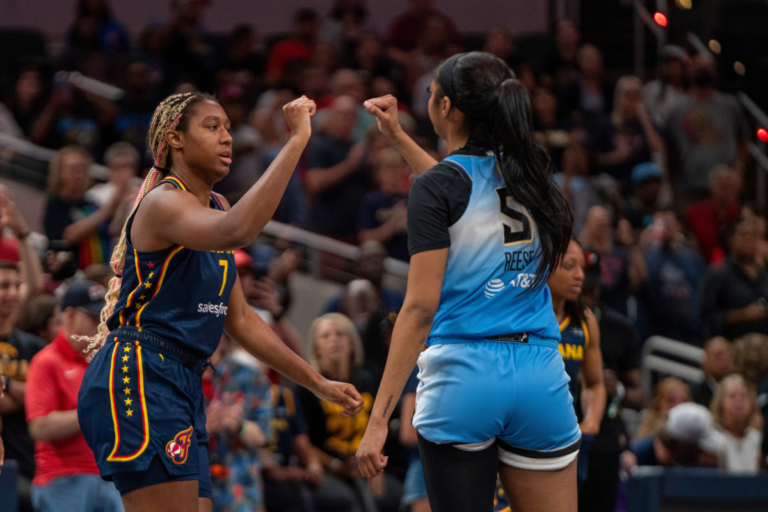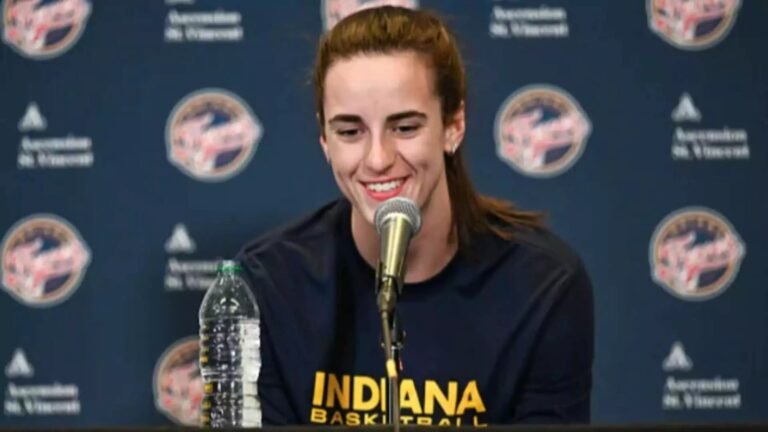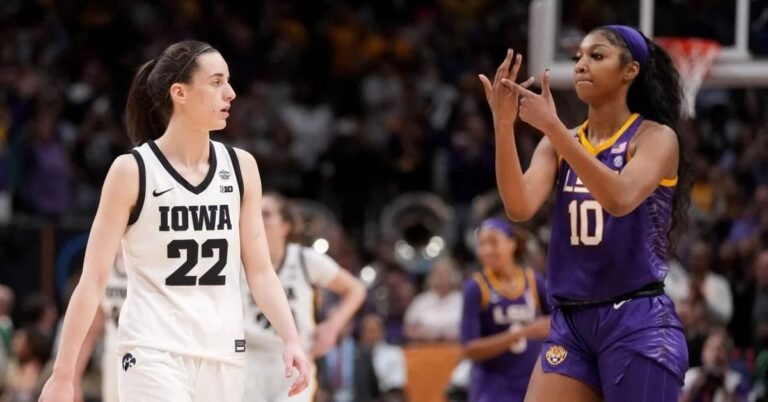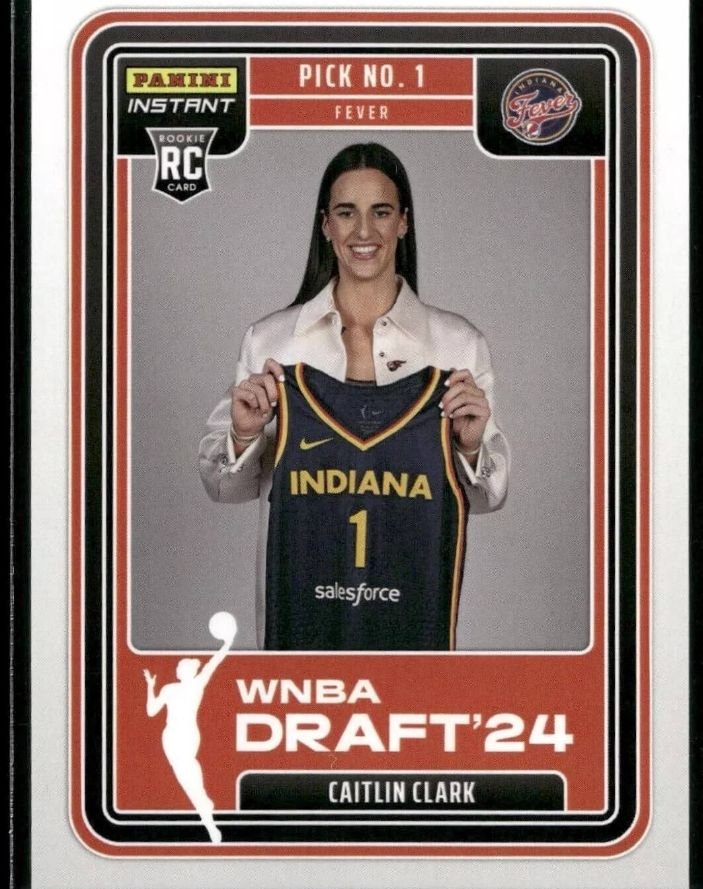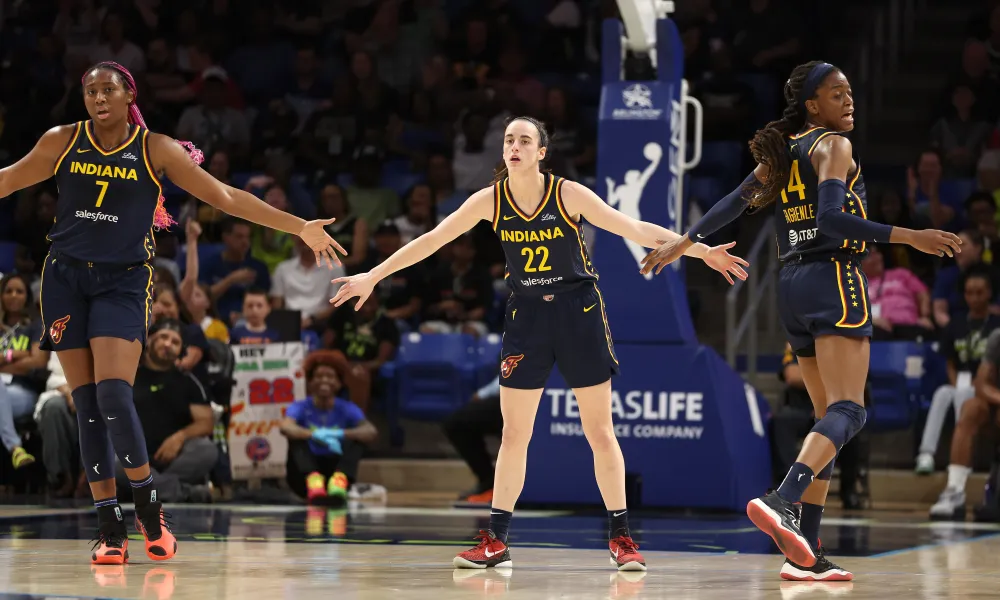
The WNBA has responded strongly to comments made by Washington Mystics co-owner, Sheila Johnson, who criticized Time magazine for singling out Caitlin Clark on its cover as the “face of the WNBA.” Johnson’s remarks, suggesting that Clark’s spotlight undermines the league’s collective achievements and diversity, have sparked intense debate across the basketball community. The league’s response emphasizes its commitment to celebrating individual achievements while fostering unity and inclusivity among its players.
Johnson’s comments, made during a public forum last week, centered on what she described as “an overemphasis on individual stardom.” She argued that the league’s narrative should prioritize its collective efforts, pointing to stars like A’ja Wilson and Breanna Stewart, who also had standout seasons. “It’s not about one person; it’s about the league as a whole,” Johnson said. However, critics noted that her remarks indirectly targeted Clark, one of the WNBA’s most marketable players and a key figure driving fan engagement and viewership growth.
In its official response, the WNBA defended Clark, stating that her achievements, including multiple triple-doubles and a record-breaking rookie season, have brought invaluable attention to the league. “While the WNBA thrives on the collective excellence of its players, we also celebrate individual stories that inspire and engage our fans,” read the statement. The league stressed that recognizing one player’s accomplishments does not diminish the contributions of others, highlighting its ongoing initiatives to promote all players equally.
Players and fans have weighed in on the controversy, with opinions sharply divided. Supporters of Johnson argue that the league risks alienating its core audience by disproportionately elevating one player, especially in a league celebrated for its diversity. Others contend that Clark’s historic performances warrant the attention and that celebrating individual stars is essential for growing the WNBA’s fanbase. Social media has been ablaze with heated debates, with some players, including Phoenix Mercury’s Diana Taurasi, expressing solidarity with Clark, calling the criticism “unfair and counterproductive.”
This incident reflects a broader challenge for the WNBA: balancing the promotion of individual stars with fostering a sense of collective unity. As the league continues to grow in popularity, debates over marketing strategies and recognition are likely to persist. For now, the WNBA appears steadfast in its belief that elevating standout players like Caitlin Clark benefits not only the league but the sport as a whole.

